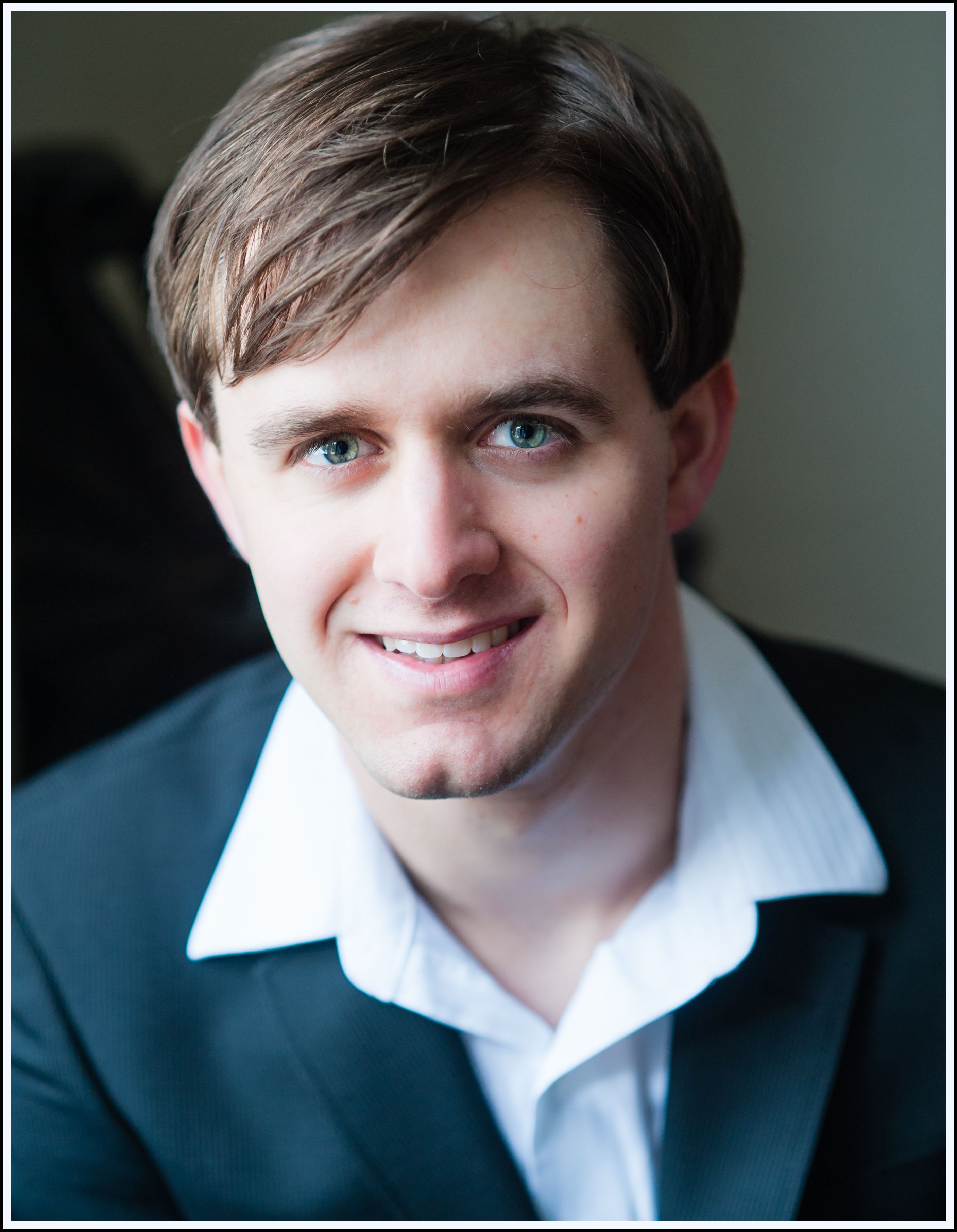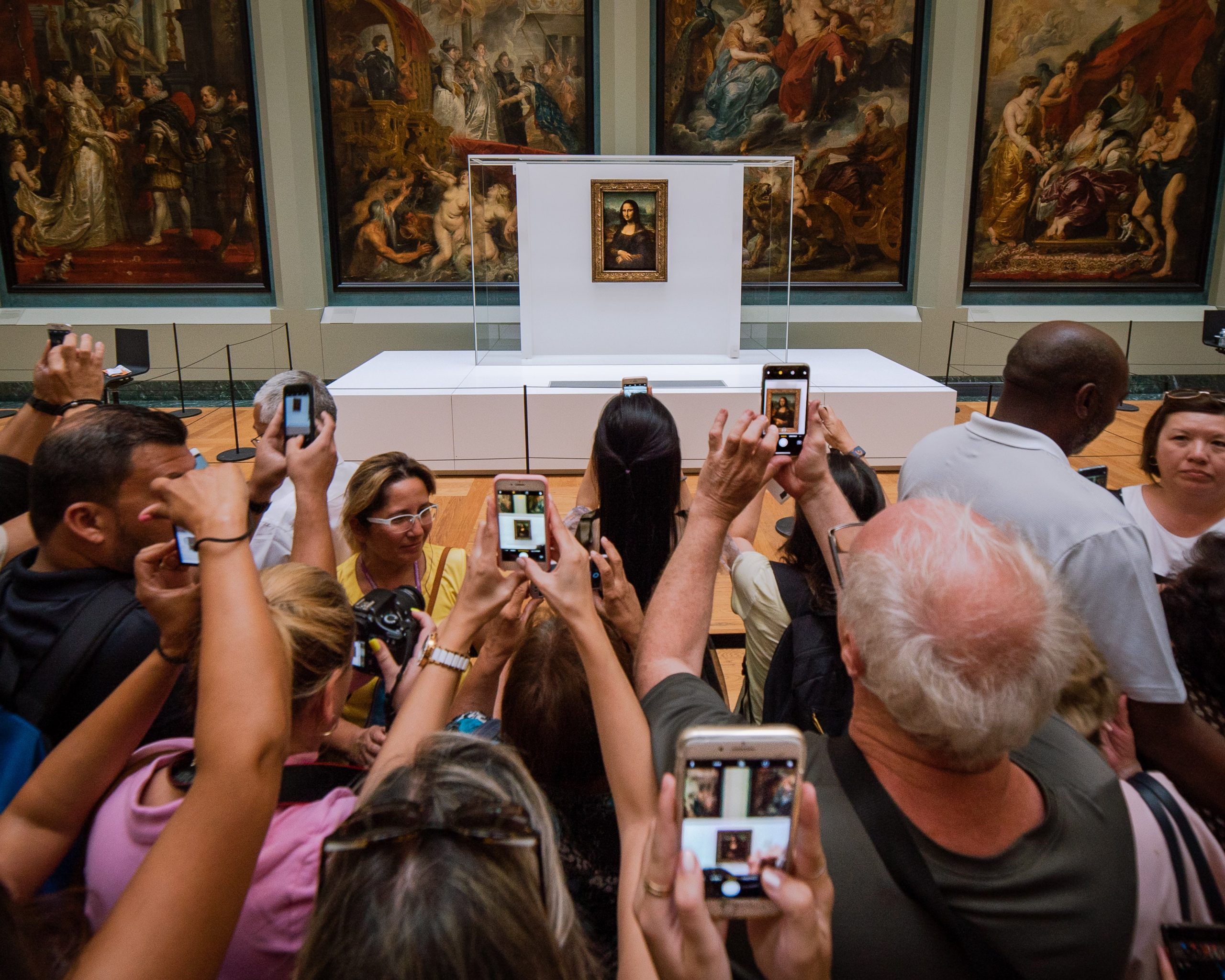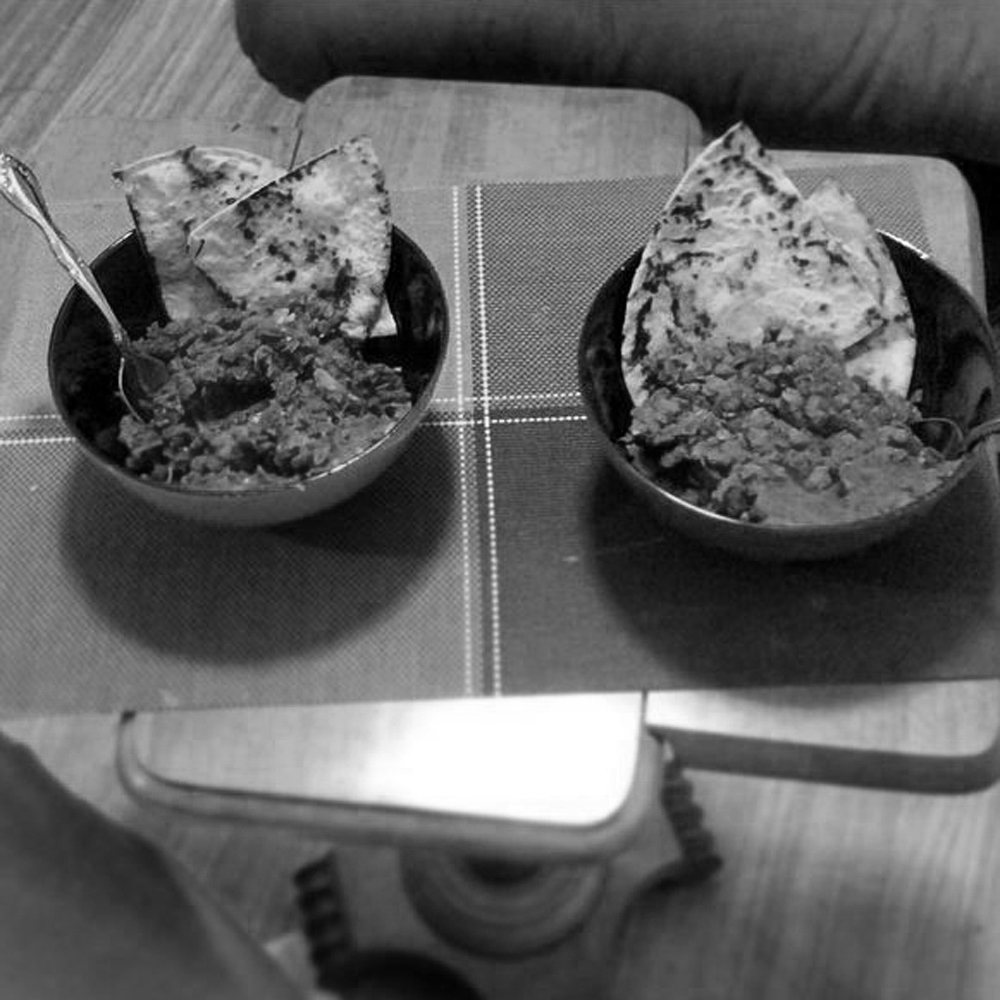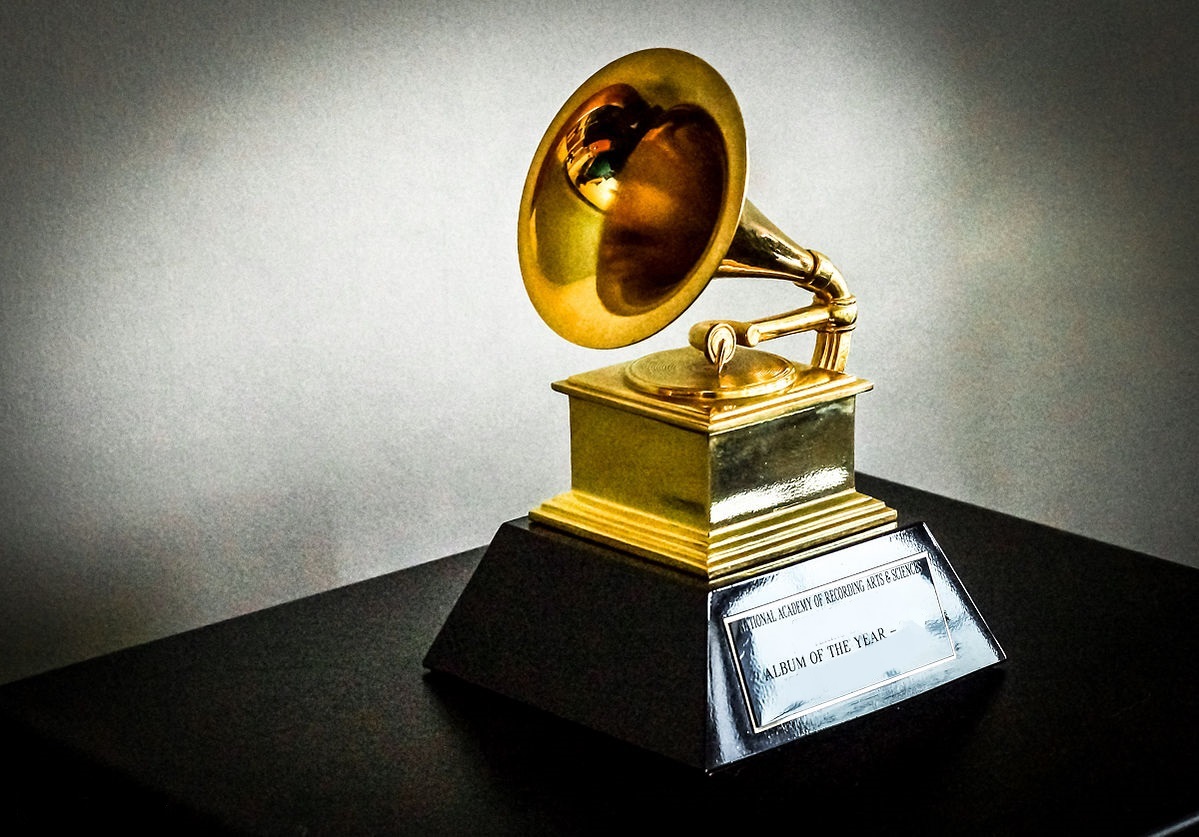Acadia School of Music alumnus Marcel d’Entremont recently returned to Nova Scotia from the opportunity of a lifetime: performing as a tenor with Opéra de Rouen in Normandy, France. Marcel spoke with me about his time performing with this opera company, offering an exceptional depth of insight into a performing opportunity that many Acadia music students dream of one day achieving.
RH: How were you offered this gig performing in France?
MD: I was offered the role for Don Giovanni in France very shortly after I had auditioned for the Jeunes Ambassador Lyriques program in Toronto, in March of 2015. The director of the Opéra de Rouen was on the audition panel and he just happened to be looking for a Don Ottavio. I received a phone call two days after my audition, offering me the role, and I only had two days to decide! A stressful two days.
RH: Describe your overall experience in France:
My time in France was a real roller coaster as far as experiences go, with many wonderful and some less wonderful things happening while I was there. However, if I had to give a general summation of the experience, I would definitely say that it was one in which I learned so much about singing, but also about being on stage, how to interact and behave around directors, musical directors, and peers, and also about what the industry is all about. The opportunity to perform in France was amazing and I am so grateful to have done it, but it was also a very lonely time. I was very far away from anyone that I knew, in a country whose language I didn’t speak, by myself. I discovered that singing is a very small component of the industry; it takes a lot of mental toughness to succeed!
RH: Are musical standards expected of a French opera company comparable to expectations in Canadian musical organizations? What was it like performing alongside musicians who may have had longer careers?
MD: I would say yes; the expectations are very similar in France as in my experiences of working in Canada. My biggest issue is that I have so little experience in opera! I didn’t do an opera degree at any point in my education, so my knowledge of the repertoire and the craft is limited. I had to play catch up for the first week or so, just to understand the lingo as well as the method of performing recitative, which was totally foreign to me, but I feel like this is the expected standard in Canada as well. Now I’ll know! I was so grateful for having the colleagues that I did, as they were of a varied age and experience level. I was the youngest, and saw people who were starting to really blossom into their careers as well as people who are at their peak, and are singing at the Met and being nominated for Grammy’s. It was exciting to be able to work so closely with this varied group of people and to see how they all worked. I learned a lot just from watching. I won’t pretend that it wasn’t intimidating at times, but they were all very nice.
RH: What musical engagements are you currently preparing for?
MD: I have a few things that I’m preparing for now. My first priority is the Atlantic Young Artist Competition which is happening on April 23rd, and then I’ll be preparing music for the Lunenburg Academy of Music Performance, the National Arts Centre Young Artist Program, The Royal Nova Scotia Tattoo, the Toronto Sumer Music festival, Magic Flute with Opera Kelowna, and La Traviata with Jeunesses Musicales.
RH: What advice would you offer to Acadia music students who aspire to perform professionally?
MD: It’s difficult to offer any single piece of advice that I think could resonate with anyone who wants to perform professionally, since each individual has such a unique method of learning. However, I would say that being at a smaller school, like Acadia, may seem like you’ll end up with less opportunities, but in reality you are able to get so much more individual attention for that exact reason. Instead of fighting for times to practice and see my teachers/coaches, I was able to see [vocal instructor] Dr. Christianne Rushton quite frequently, and it wasn’t particularly difficult to make changes or find extra times to work here and there. This is not the case in a city like Toronto, and I quickly saw the value in doing an undergrad at Acadia, where I was a person and not a number.
RH: In what ways did the Acadia School of Music prepare you for a career in performance?
MD: I honestly believe that the single greatest thing that Acadia was able to offer me in preparation for a professional career was the opportunity to work with Dr. Christianne Rushton. Her expectations of me were consistently high, and I knew it. Every week I was performing new repertoire from memory in studio class. I was expected to have a calendar prepared for my collaborative pianist, outlining when I was going to work on different repertoire, and when I expected it to be performance ready. I had to translate all of my music and IPA [phonetically alphabetize] it. It was demanding work, and more work than I’d ever had to do. But through all of this, I never felt as though she was being aggressive and instead always felt supported and encouraged. I wanted to do more, and to be better, because I didn’t want to let myself, or Christianne, down. There were times when I hadn’t prepared as well as I should have, and by the end of my lesson, without ever having to yell or tell me directly, I was aware that she knew. Yet, I didn’t feel discouraged or belittled. She left me feeling like I wanted to go make this right instead of giving up, and she continues to inspire and teach me now!
Aside from Dr. Rushton, I was also able to work closely with Dr. Heather Price, whom I still collaborate with, and she was an equally influential force in my life, though in a different way, as she was not my voice teacher. She also continues to inspire me; in the way that she lives her life, and in the way that she uses music as a tool for healing and bettering. Two amazing ladies who shaped my life in different ways!
RH: Do you have any final words, thoughts, or ruminations on the role of music and the performing arts in society in general?
MD: There are so many ways that music makes for a better society. It brings joy, brings people together, inspires, and induces emotion. There are so many ways that we can share this with other people and a career in performance doesn’t necessarily equate to being successful in creating these emotions and experiences for others. Find a method that works for you and allows you to impact other people in a positive way. Sitting at the piano in a senior citizen’s home can be as impactful as singing at the Met. Don’t let what others are doing with their music discourage or dissuade you from following your own path. Try to find joy in what you are doing; making music is a lovely way to be able to make a living!





